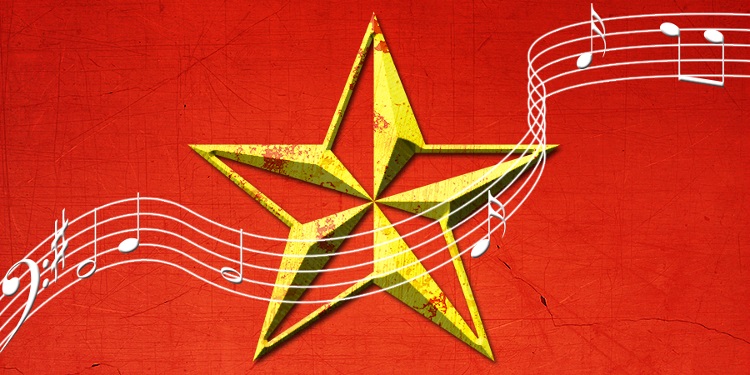Taiwan’s landslide election was more historic than the Democrats’ whompping early November. The vote didn’t reject Taiwan’s KMT-Nationalist party as much as it rejected Beijing. One big factor ignored by media: Clearing HK demonstrators in Mong Kong two days before Taiwan elections solidified voters’ decision: The KMT’s de facto agenda of “Taiwan SAR” is unacceptable.
Taiwan’s Premiere “resigned” and President Ma “accepted” it. Rolling the head of the second in command is an old Chinese power tactic. Ma borrowed from the same playbook in his second election when he chose a new Vice President—the man who happened to be governor of Kaohsiung when the 24-year-old gasline was installed, which blew up a few months ago, killing 30 people, wounding 300, and turning one of the city’s beautiful streets into a WWI style trench. Even if Ma resigns as KMT Chairman, as Monday rumors claim, that would only embolden the East Asian culture of Taiwan, which loves the public beating. · · · →

